

My Women in Games Series focuses on women that work in the games industry. It’s about how they’ve gotten where they are and what it’s like for them. My intent is not only to inspire other females, but to inform others wishing to gain careers in the games industry of how others have made it, and to provide an intimate view into the industry itself.
The following is an interview conducted in late 2011. The game Ms. Maurer refers to in the interview and was working on at the time is Remember Me, formerly known as Adrift and will be released in May 2013. As of 2013, Ms. Maurer is now with Eidos Montréal working on an unannounced project.

Clémence Maurer was kind enough to be my next interview in the series. Maurer is a French game designer at DONTNOD Entertainment, which is currently developing sci-fi action platformer Adrift for the Xbox 360 and PlayStation 3. I ask her about how she got from games journalist to game designer and what it’s like to be a female in the industry.
AJCG: Please introduce yourself if you would for our readers.
My name is Clémence Maurer, I’m 27 and a game / level designer at Don’t Nod Entertainment in Paris!
AJCG: So, you’ve been in a few different careers over the past few eight years, but they’ve all been pretty focused in the gaming industry. Have you always wanted to work in the games industry?
Actually, up until the age of 20, I had absolutely no idea what I wanted to do. Some of my teachers (from junior high to high school) told me that I was good at writing and that maybe I should do something about it and get a job related to that in the future. It’s true that I loved writing (especially small science fiction short stories, but that’s supposed to be a secret…), but I had no idea what to do with it…
I was already quite fond of video games though, since the age of 9 and the discovery of games likeWarcraft and Out of this world. I had a Game Boy, and Super Nes, a MegaDrive with MegaCD…I played quite a lot but unfortunately, the idea of “making games” never actually popped into my mind…not before I was older anyway. So I guess the answer in no, though I wish that envy had come to me earlier, that way maybe I wouldn’t be the oldest junior designer ever!
AJCG: Let’s start with your career in games journalism. You worked in the field for five years. How’d you get into that?
Well…one of my teacher suggested that I go into journalism, because of my writing skills…It was just a random thought from her, but it stuck into my mind, and it started to make sense. So I thought “why not”.
I passed my Trilingual PA diploma, and then went to a very expensive journalism school in Paris…which really didn’t teach me much, but there was a 2 months mandatory internship to do, and of course, I chose to do it inside of the editorial offices of my favorite magazine at the time: Gameplay RPG…because yes, at the time there was a special place in my heart for RPG’s and that magazine proposed in-depth analysis of games backgrounds, stories, mythologies and such. I loved it, and it seemed natural to write about this “passion”.
The editor in chief hired me before the end of my internship, I left my crappy school, and well that’s how it started…but it took some more years before I really started to grow interested in what was happening of the “other side” of the border, meaning inside of development studios as opposed to editorial offices…

AJCG: After leaving Gameplay RPG magazine, you worked on publications like PC Gamer, PSM3 and Nintendo magazine. How’d you transition to these?
The whole Gameplay RPG team left the main editor to found a new magazine. Personal issues with my editor in chief prevented me from pursuing my work with the whole team, but I quickly found another job inside of the biggest French editorial offices, which were called Future France at the time. They owned all those magazines I worked for over the years.
The work wasn’t as exciting as before because the editorial lines of the magazines focused more on “2 pages small texts with nice pictures” than games background. The written press was also (and still is, what remains of it) giving in to game editors’ pressure and in my opinion, was weak and often hypocritical and dull. But it kept me eating and traveling around the world during press tours though…which were a lot of fun.
AJCG: During your time as a games journalist, you also worked as a QA tester for several games. Did your connections as a journalist make getting a job as a QA tester easier?
I met one of Ubisoft’s QA testers at the Nintendo DS launching party in Paris. He had met me before in the offices of Gameplay RPG, but I had no memory of it…we talked a lot and then he asked: “hey how about applying to be a tester? I can pass over your resume to the QA manager, they’re looking for people who already have a foot in the game industry”.
So I did, and I was hired at Montreuil’s Ubisoft Studios. My career in journalism definitely helped me with getting a job in a dev studio: during my job interview, the lead QA clearly told me that they looked to hire people who knew very well about games, who were real players, and if they were already close to the industry, it was even better.
AJCG: A lot of people seem to think being a game tester is a dream job. What did you think of the work?
When I started I had seldom set foot in a studio, except those rare times during press interviews. I didn’t know the slightest thing about making games. Which is really sad now that I think back! So I was truly excited, to not say amazed. It was certainly a dream job for me at the time, despite the long hours and the lack of respect you sometimes suffer from (which is quite rare, mind you) I learned a lot, quite fast, I asked tons of questions to the developers, from the game designers to the engine programmers to the artists to the LD’s: everyone. That’s how I knew I had finally found what I truly wanted to do: make games, make levels, design stuff!
But I wouldn’t say that being a QA tester is a dream job. It actually all depends on the company you work for, and the year you worked for them. I was lucky enough to have worked with quite small teams of testers, and we always had a lot of exchanges and contacts with the developers, may that be in Ubisoft, Quantic Dream or Darkworks. That cannot be said about 300-people large QA departments where testers are paid “by the issue” entered and are isolated from the rest of the teams. I know they exist in huge studios or in game editors. I wouldn’t want to work there, as it seems impersonal and not very inclined to satisfy overly curious persons like me…
Still, I know that being a QA tester used to be a gateway to becoming a designer, or something else. To become part of the development teams for real. It was really the case several years ago: many ex-colleagues who are now veteran level or game designers were originally testers. There has been a shift in recent years: it became more and more difficult to go from tester to designer. I think the “blame” goes to employers who’d rather hire interns fresh out of those video games schools that have sprouted not so long ago across France, instead of making a talented tester with a solid modding background part of the design team. Then again, the video games schools here release something like 100 novice designers on the market every year…which I think is an enormous, if not scary, number.
AJCG: What was your favorite game to test? And what was your most difficult? Why?
Mmm difficult question…I’ll say that my favorite experience remains the first one: Ghost Recon Advanced Warfighter 2 on the Xbox 360 and PS3. It was the longest contract I had as a tester, and the one that started the earliest.
The game was not even at the alpha stage when we started testing it, and I have very much enjoyed seeing the game build itself up over the months, from untextured levels and limping gameplay, to a fully graphed game with polished and efficient mechanics. I loved it, and it was an everyday challenge to find the nastiest issues for the developers to fix! I gave a lot of myself in the work, and it paid off…eventually!
The most difficult project was definitely Heavy Rain. The pipeline was messy, the ambiance not great, the extra hours an everyday thing that became implicitly mandatory, and the pressure very high. I’m still proud of the game though, and proud of the work I did there. You should have seen those issues…the best finds of my tester career!
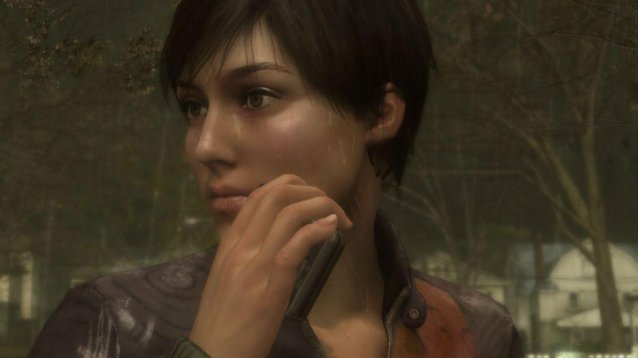
AJCG: Now you’ve moved on from both journalism and testing to game design with one of the companies you were testing for. How did that happen? And did you just gain the experience necessary through QA testing?
I was very lucky I guess, and I’m very grateful to Don’t Nod for giving me my chance as a designer. Always will be no matter what. Back in Ubisoft, I had started playing with the Unreal editor, it was hard at the time, but I was able to do some stuff thanks to the amazing online community. Then I stopped: between testing, music playing and article writing, I seldom had a minute to myself.
Then I discovered UDK just a few weeks before starting at DNE (short for Don’t nod). So I quickly became the “QA’s Unreal Engine specialist” (the game we make uses it), although I really was nothing of a pro…I just learned really quick how to use it. Then a veteran game designer was hired, two months after I started. He was kind of rusty when it came to using an editor, so he asked my boss if he could spare some time for me to help him with feature implementations and so forth.
From then on, I was officially “part time level designer”. He actually knew about my “unreal skills” because of a tutorial I wrote about the in-house scripting system that came with a testing map made with the game’s assets. That was my gateway to design. I learned a lot at work, with the help of my amazing colleagues, and at home, where I practiced a lot too. After several months, it was decided that I would fully integrate the design team. I was quite happy then! And also scared to not meet the team’s expectations…but all went ok in the end.
So yes, being a tester helped me get the experience necessary to become a designer, although it’s only one part of it. I have always played a lot, observing all kinds of games mechanics, designs, pacings and so on. I practiced over and over on my own too, trying to make up for the time that I had lost in the previous years NOT learning all that. And I still do, everyday!
AJCG: Tell us a little about the company you work with now, Don’t Nod.
We’re a team of about 70 people, developing our first action platformer game for the Xbox 360 and PS3. We had our downsides, but the game is now taking form really fast and I’m proud to be working on it, whatever the outcome!

AJCG: Can you tell us anything else about the game you are working now right now?
Well…I said all I had the right to say in the previous answer :) But some info will be coming during the gamescom though!
AJCG: Do you still play games? What’s your preferred genre?
I play games a lot, more than ever I’d say! I used to massively love Japanese RPG, but unfortunately, the good ones are becoming scarce…but good news is, we still get some great RPG / Action RPG’s by teams like CDProjekt and their amazing Witcher series, Bethesda Softworks, Bioware and Obsidian.
I’m also fond of survival horror games and TPS. Oh and FPS too, especially when they have a little RPG taste, like Borderlands, of which I’m a complete fan!
I also buy a lot of indie games like Amnesia, and PSN / XBLA games, the latest ones being Bastion and Outland.
AJCG: Are there any games you are looking forward to?
Deux ex 3 of course! Gears of War 3, Mass effect 3, Batman Arkham City, Rage…the usual suspects I guess!
AJCG: Is Game/Level Designer as far as you want to go, or do you have any future career goals?
For now, I wish to get better and better at what I do, because I’m still at the start of my career and have so much to learn! I think level design is what I’m cut out to do. But in my mind, a designer must be curious and eager to learn more and more about anything and everything.
And a level designer should also learn to be a level artist…this is why I’ve started to learn about creating my own environments, modeling, texturing, composing a scene, using my imagination and software such as Photoshop, Zbrush, Maya and so forth. But if I’m skilled enough one day to be a pro level artist, I wouldn’t want to give up level design. I would want to do both! Just like in the old days, when the designer was the artist, and the artist the level designer (and sometimes the programmer!). I think the two are intimately linked…and I love both.
With that said, they always say that I’m too curious for my own good…
AJCG: Being female games industry, have you experienced any challenges or discrimination based on your gender?
It may have helped me getting in the industry, as it’s ruled by guys who love to see a girl inside of the studio (or an editorial office…). Then again you get nothing without some proper skills…there have been some times when my gender was a “handicap”. But that really was relevant in the journalism industries, where I was expected to dress a certain way during press tours to “charm” the PR guy and make good figure. I never agreed to that, and that’s part of the reason I quit journalism.
In a studio, I came across one or two misogynistic leads who had problems with women having responsibilities that didn’t involve PR management and office work. But they remained exceptions. Of course you can’t avoid the jokes about women, but most of the time, it’s quite friendly.
AJCG: Would you say being female gives you a different perspective on games than your male coworkers?
If it is so, I haven’t notice…but I’m probably not the right girl to ask as I’ve always been considered a tom boy…but I’ve met a lot of great guys who are very far from the “typical gamer geek” cliché, and have a lot of sensibility that I can relate to. Which is a good thing. Maybe being a girl makes me more sensitive to big moving stories in games, and narration in general!
AJCG: Do you have anything else you’d like to say to our readers or anyone wanting to get into game design?
I hope I didn’t bore you, and well if you want to become a designer and can’t or won’t go to school (like me), just practise every day and learn as much as your brain can handle without blowing up, about game design, environment, architecture, graphic composition, scripting, level building…study the games you play from a designer’s point of view, not a player’s. A notebook never hurts when you do that. Try out new things, master a game editor or two (or three), and when you start something, DO finish it. And if you’re stuck on a problem, there are many online communities that are very alive and willing to help (mapcore, polycount, world of level design, Unreal network, and so on!)
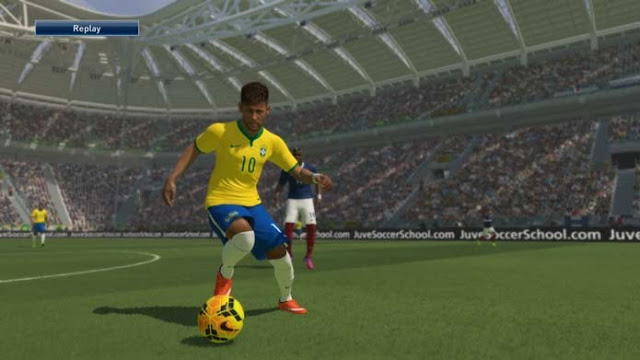

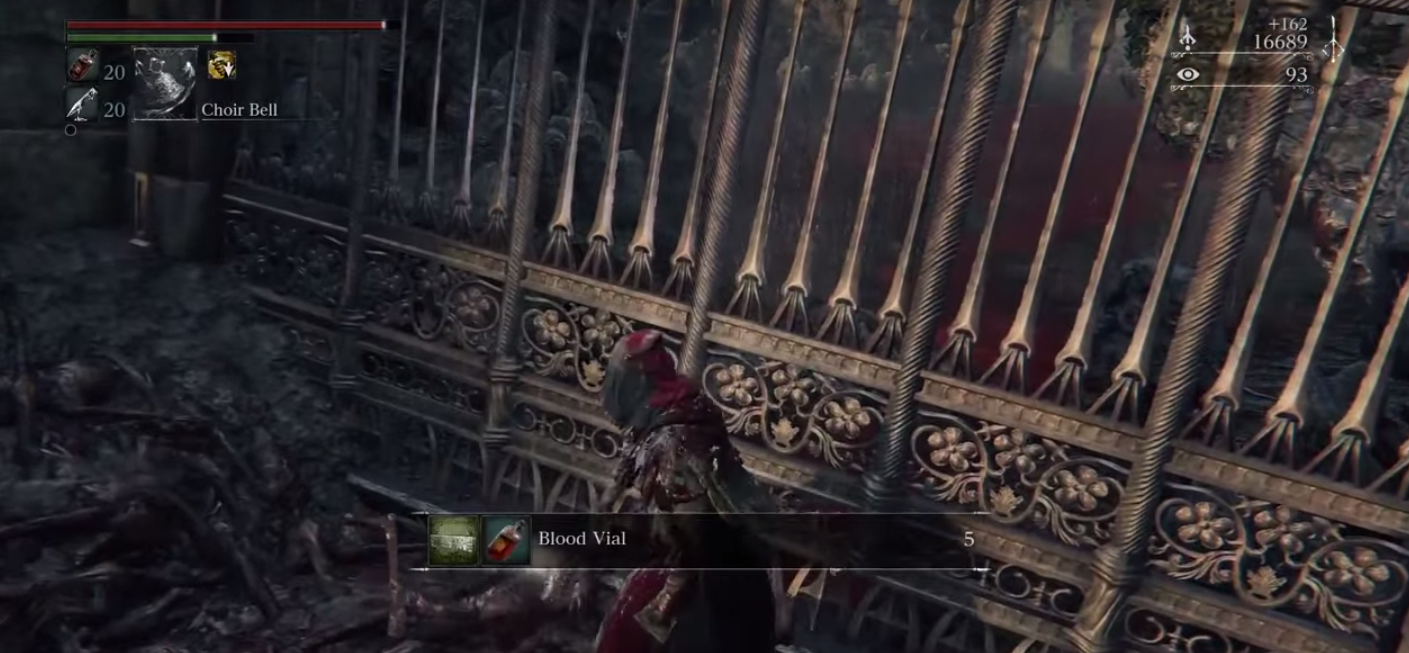
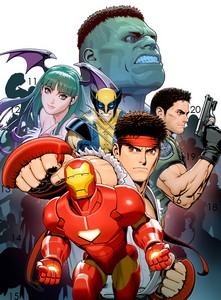
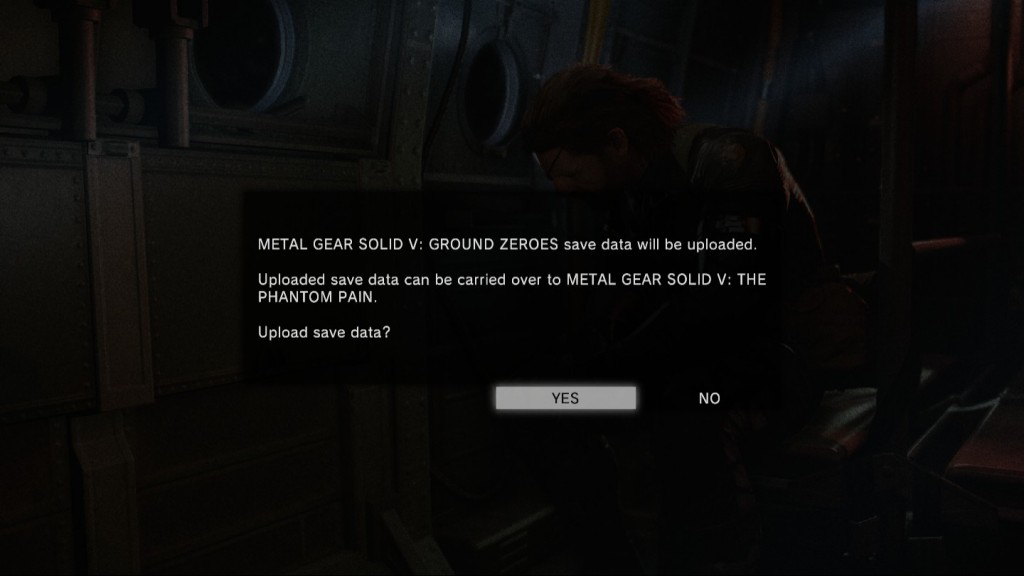 Metal Gear Solid V: The Phantom Pain Guide: Here's What You Can Unlock With Ground Zeroes Save Data
Metal Gear Solid V: The Phantom Pain Guide: Here's What You Can Unlock With Ground Zeroes Save Data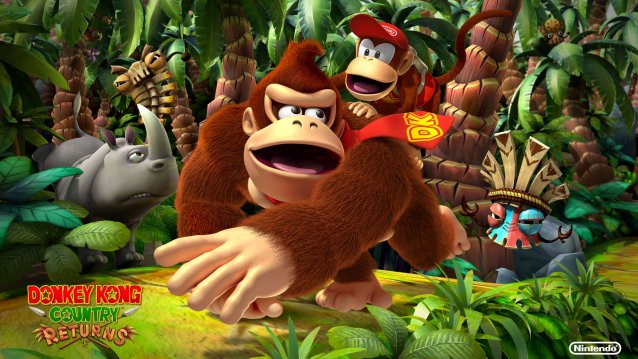 Donkey Kong Country Returns Wallpapers in HD
Donkey Kong Country Returns Wallpapers in HD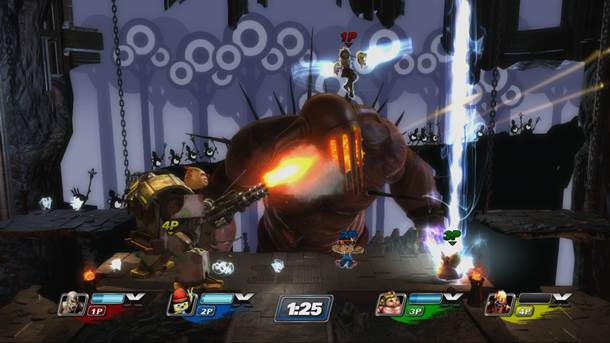 PlayStation All
PlayStation All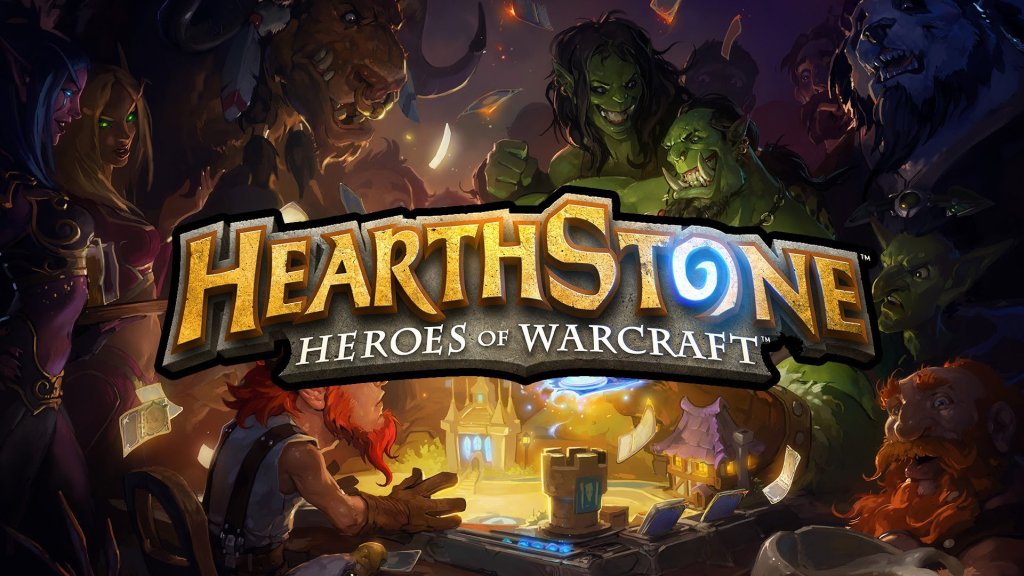 Hearthstone Guide: Best Neutral Basic Cards
Hearthstone Guide: Best Neutral Basic Cards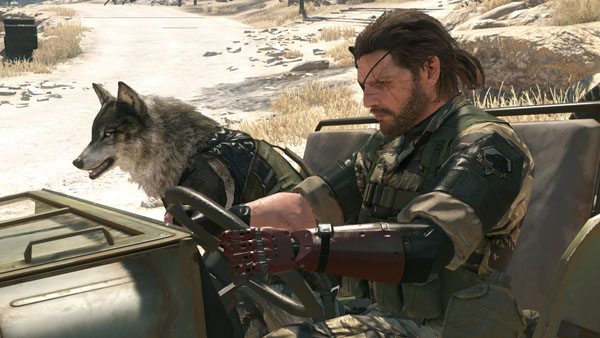 MGS V: The Phantom Pain - Where to find D-Dog, It's Special Abilities and How to use it on field
MGS V: The Phantom Pain - Where to find D-Dog, It's Special Abilities and How to use it on field